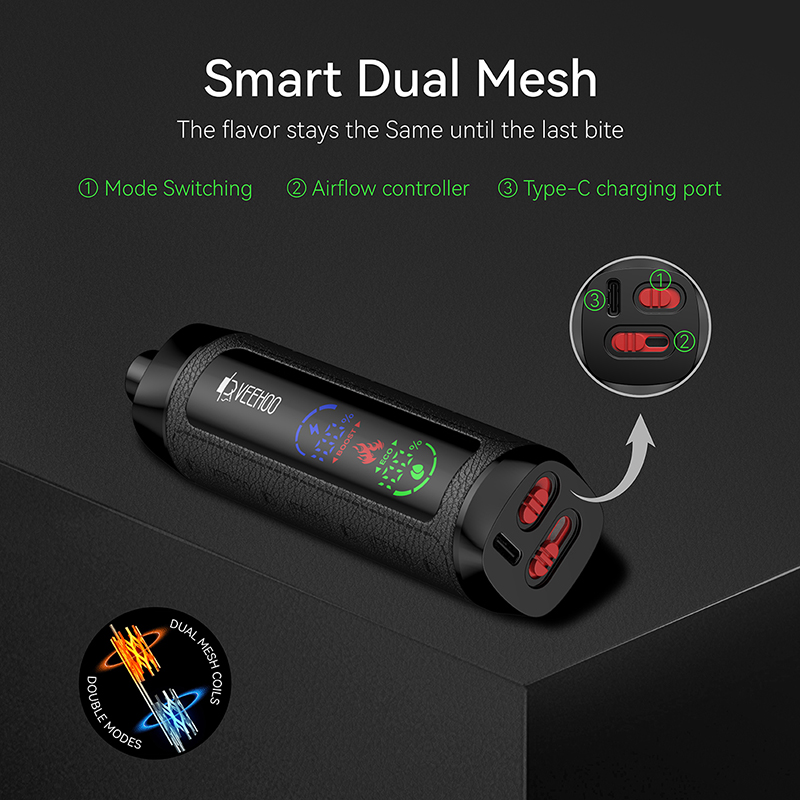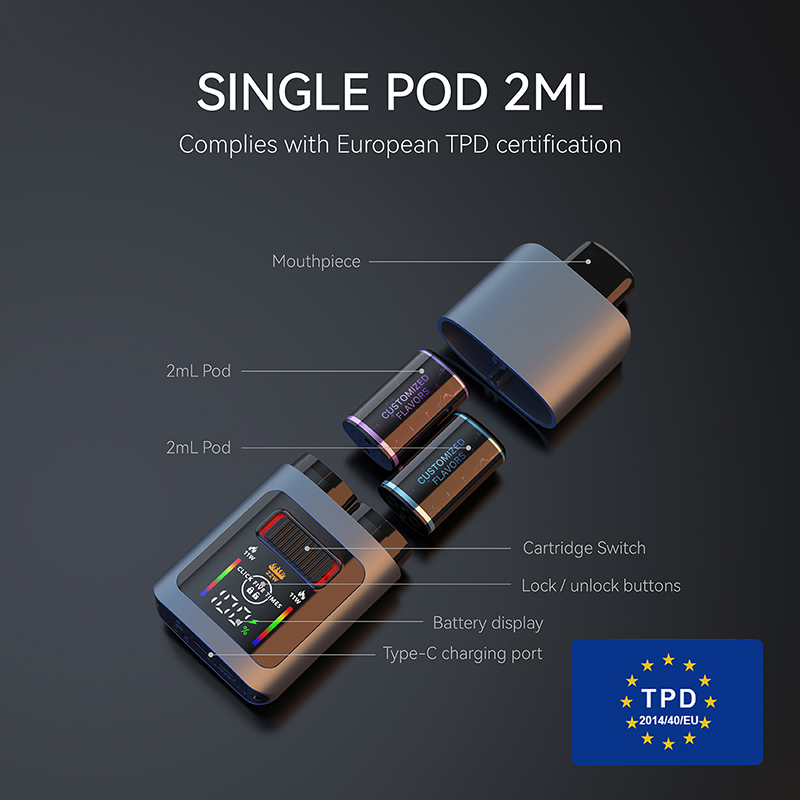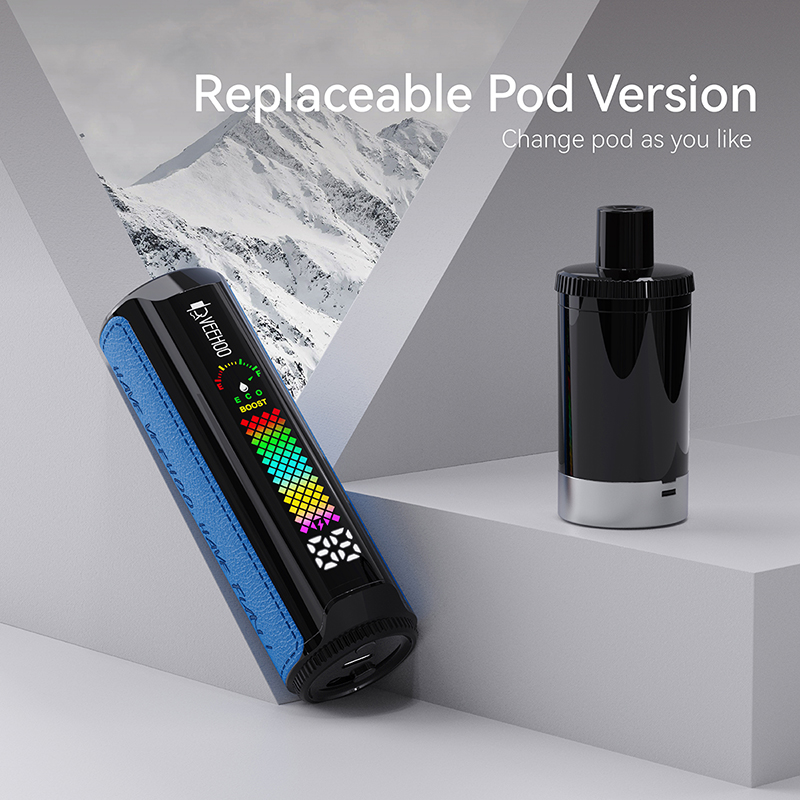According to Watoday on November 9, despite an estimated one million Australians using vapes, pharmacies only sold 3,500 times in the first month of a plan launched by the federal government to include vapes in pharmacy products to combat the black market.
There are about 5,800 pharmacies across Australia, but data shows that thousands of pharmacies have not issued a single prescription for vape products. The federal government’s initial policy analysis assumed that about 450,000 people would seek medical vape products once illegal products were more difficult to obtain.
But many pharmacists said they were reluctant to sell vapes for ethical reasons or because the process was too cumbersome. Illegal vapes are still widely available, but prices have soared to 40 to 60 Australian dollars per device as retailers raise prices to compensate for higher penalties.

Last week, at a Senate estimates meeting, officials said they were not currently tracking how many pharmacies were selling vapes. Chief Medical Officer Tony Lawler said it was actually quite difficult to get a clear answer.
Health department official Chris Bedford provided data on pharmacies selling vaping products after patient consultations. He said these sales totaled 3500 times across Australia, and pharmacists could dispense multiple vaping products on notice, so patients would go in and have a conversation.
Opposition health spokeswoman Anne Ruston said the number of vapes sold in pharmacies last month was only a small fraction of the estimated number of people using vapes in Australia.
“We know that most pharmacists do not want to be tobacconists, and this is clearly reflected in the department’s figures.”
Because no vape products are listed in the Australian Register of Therapeutic Goods, pharmacists must prescribe and sell unapproved products. This makes pharmacists cautious about supplying vapes. Pharmacy industry data shows that most people are reluctant to stock vapes, and a survey found that 86% of pharmacies do not stock vapes.

Richard Lee, CEO of pharmaceutical company Liber Pharmaceuticals, said that despite a slow start, the pharmacy’s vape program is progressing within a reasonable range. The slow progress is partly due to the timing of the introduction of the new regulations and the interval between the implementation phase. Lee expects that pharmacies will gradually adapt to the new regulations and achieve significant growth in the next three to six months.
Against this backdrop, Veehoo vapes is paying attention to the development of the industry. Although sales growth is slow, we believe that this is a transition period, and pharmacies will gradually adapt to the new regulations and increase sales. As one of the sales points, pharmacies are crucial to providing legal and safe vape products.
According to reports, some pharmacies have expressed their reluctance to sell vapes, perhaps due to ethical considerations or concerns about selling unapproved products. This also reminds the entire industry that more reasonable supervision and strict regulations are needed to ensure that consumers can obtain safe and reliable products.

Although the number of pharmacy sales accounts for only a small part of the estimated number of vape users in Australia, this data reflects the challenges that the industry still faces in compliance and regulation. Veehoo vapes advocates supporting clear and reasonable regulations and norms to ensure the healthy development of the vape market.
Over time, with the efforts of the industry and regulators, we believe that the Australian vape market will gradually get back on track and provide consumers with more legal and safe choices. Veehoo vape will continue to be committed to providing high-quality, compliant vape products to promote the development and progress of the entire industry.
Tags: Australia’s new vape regulations are cold,Australian vape sales,veehoo vape
